Innovation is harder than it looks – we should go easy on tech firms
From Google’s bungled generative Bard launch to Twitter’s ongoing troubles, we must remember the often-forgotten truth that innovation is slow and software is difficult to build
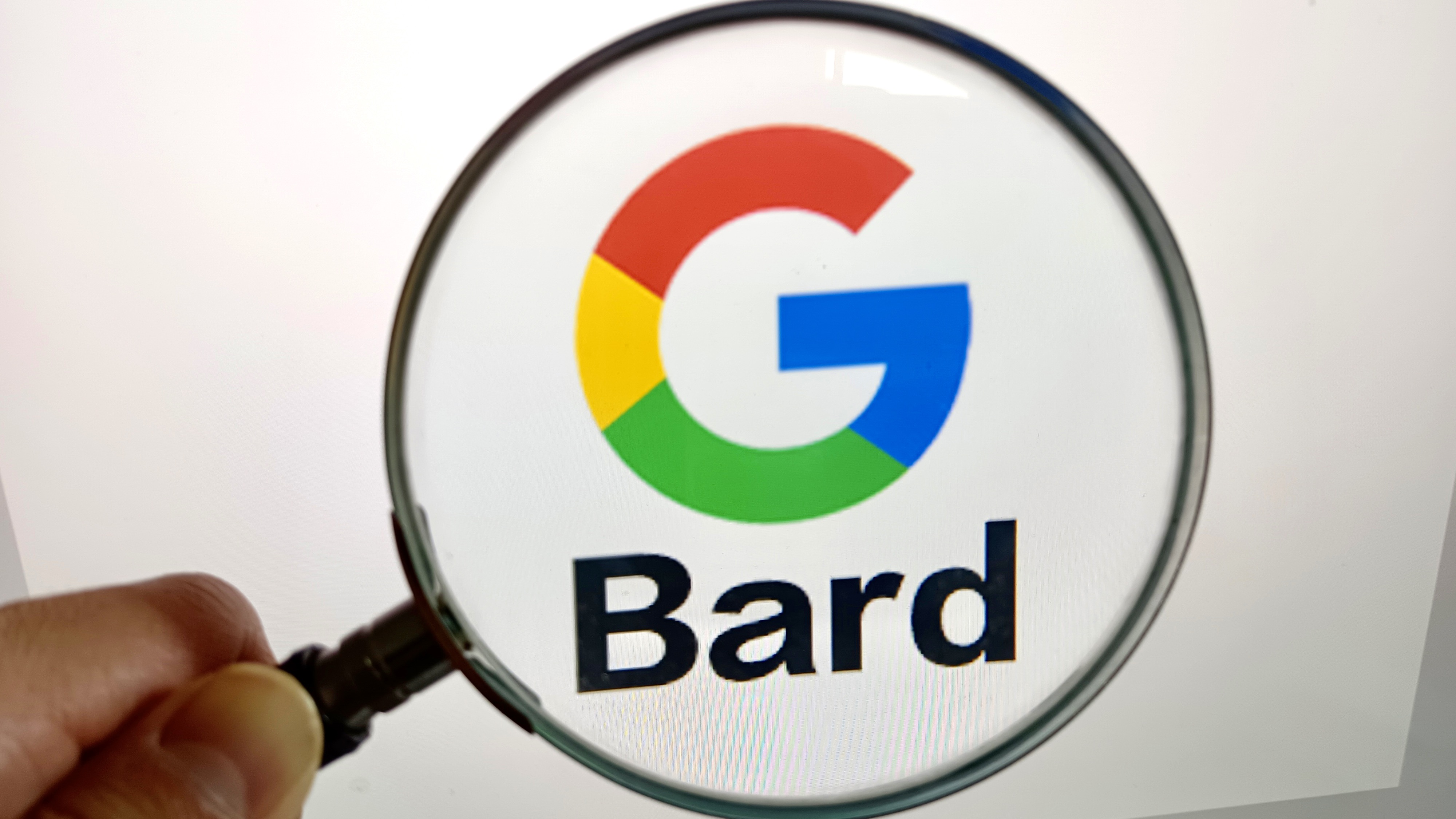

Technology was starting to look easy. Too easy. Then Elon Musk bought Twitter. And Bing and Google flung out their spins on generative AI. And ransomware took down Royal Mail, a software fault grounded BA flights and the same happened across domestic US flights.
In the era before Musk bought Twitter, I was bewildered that a site with active users in the hundreds of millions – rather than the billions of rivals such as Facebook or TikTok – had 7,500 staff and still managed to be so terrible at battling bots, fascism and spam. I take it back: none of this is easy. It probably needed double the number of employees.
Musk learned this the hard way. After buying the site for $44 billion, he slashed staff numbers by nearly half and then tried to roll out features such as paid-for accounts. Trying to do more with less is a challenge, but Twitter turns out to be harder to run than anyone thought. Well, anyone other than software engineers, app developers, and Jack Dorsey.
Cataloging recent tech debacles
There are plenty of other examples of tech stumbles of late. OpenAI’s ChatGPT has been praised for its abilities and damned for its failures. Teaching AI to spit out text that’s readable and also accurate is hard – it has to be trained on our output, and (as I noted in this column last month) we’re not always well-written or factual ourselves. Some of those folks fired from Twitter were battling disinformation and misinformation, after all.
Wary of the impact of generative AI on search, Google and Microsoft both unveiled their own search chatbots. Embarrassingly, Google’s Bard launch was overshadowed by a mistake it made about space photography, which sparked a nosedive in shares for parent company Alphabet, wiping $100 billion off its market value. That’s an awfully expensive charge for a misunderstanding about exoplanets.
Microsoft’s OpenAI-powered Bing had an even harder time of it, with so many hilarious mistakes coming from its search chatbot that a Reddit thread emerged to capture them. The best example is an argument with a user that begins with Bing not knowing a new Avatar film has been released – fair enough, to be honest – before definitely and confidently stating that the year is 2022 and then abusing the human user as difficult for failing to trust the machine.
Gosh, it must be a tough slog developing such challenging AI projects: years of hard, cutting-edge work from the industry’s best and brightest, and your system still doesn’t know what year it is. Even Bing’s old-school search could answer that.
Get the ITPro daily newsletter
Sign up today and you will receive a free copy of our Future Focus 2025 report - the leading guidance on AI, cybersecurity and other IT challenges as per 700+ senior executives
All of this is a timely reminder that, although innovation seems fast-paced, it’s often built at a pedestrian pace. The problem isn’t the people developing these technologies – they are geniuses, as far as I’m concerned – but the CEOs and PR departments hyping unready creations so they can be perceived to be ahead of the pack.
The software conundrum
Software is hard. I don’t understand how the ones and zeros of binary make typing this article possible, let alone anything more complicated. It’s worth remembering all of this when companies promise big but then fail to deliver – and when you’re frustrated that you can’t send mail internationally because Royal Mail fell over after a cyber attack, or you can’t catch a flight because an app stalled.
The same follows when governments promise tech solutions; they so often just assume software engineers can code away serious social problems. Can’t run exams because of COVID-19 lockdowns? An algorithm can make up final grades. Don’t know who to let out of overcrowded jails? Ask AI. Want to protect children from adult material online? Just get the techies to magic up a solution. But if MPs and CEOs can’t make or explain the solution themselves, they can hardly expect coders to build an answer that works. Code doesn’t simplify, it complicates.
It’s easy to forget how hard software is to get right because so much of it works incredibly well. Microsoft is my reminder: I forget that Windows even exists until it breaks, crashes or needs updates. I might want to chuck my laptop out the window on occasion, but the rest of the time it works as well as any other appliance in my flat. I think about it as often as I do my toaster, and I forget how much effort has gone into making it possible to check messages, work from home, and speak to anyone in the world with ease.
We’re so far into the information revolution that we forget how truly revolutionary it is. After all, decades down the line we’re only now starting to see working from home become the norm. Innovation is a long game. We’re in the early days, especially with AI but even with social media, apps, and the software we use daily. Laugh all you want at Twitter and generative AI slip-ups, and curse Microsoft all you’d like, but don’t let all the hard work of industry front-liners make it look too easy. Tech is still hard work.
Freelance journalist Nicole Kobie first started writing for ITPro in 2007, with bylines in New Scientist, Wired, PC Pro and many more.
Nicole the author of a book about the history of technology, The Long History of the Future.
-
 Women show more team spirit when it comes to cybersecurity, yet they're still missing out on opportunities
Women show more team spirit when it comes to cybersecurity, yet they're still missing out on opportunitiesNews While they're more likely to believe that responsibility should be shared, women are less likely to get the necessary training
By Emma Woollacott
-
 OpenAI's new GPT-4.1 models miss the mark on coding tasks
OpenAI's new GPT-4.1 models miss the mark on coding tasksNews OpenAI says its GPT-4.1 model family offers sizable improvements for coding, but tests show competitors still outperform it in key areas.
By Ross Kelly
-
 OpenAI wants developers using its new GPT-4.1 models – but how do they compare to Claude and Gemini on coding tasks?
OpenAI wants developers using its new GPT-4.1 models – but how do they compare to Claude and Gemini on coding tasks?News OpenAI says its GPT-4.1 model family offers sizable improvements for coding, but tests show competitors still outperform it in key areas.
By Ross Kelly
-
 "OpenAI continues to be our partner on frontier models": Microsoft is open to using a range of AI models in 365 Copilot, but OpenAI remains its go-to choice
"OpenAI continues to be our partner on frontier models": Microsoft is open to using a range of AI models in 365 Copilot, but OpenAI remains its go-to choiceNews Citing concerns over performance and cost, Microsoft will look to use a range of models to provide the best experience for Copilot 365 users
By Solomon Klappholz
-
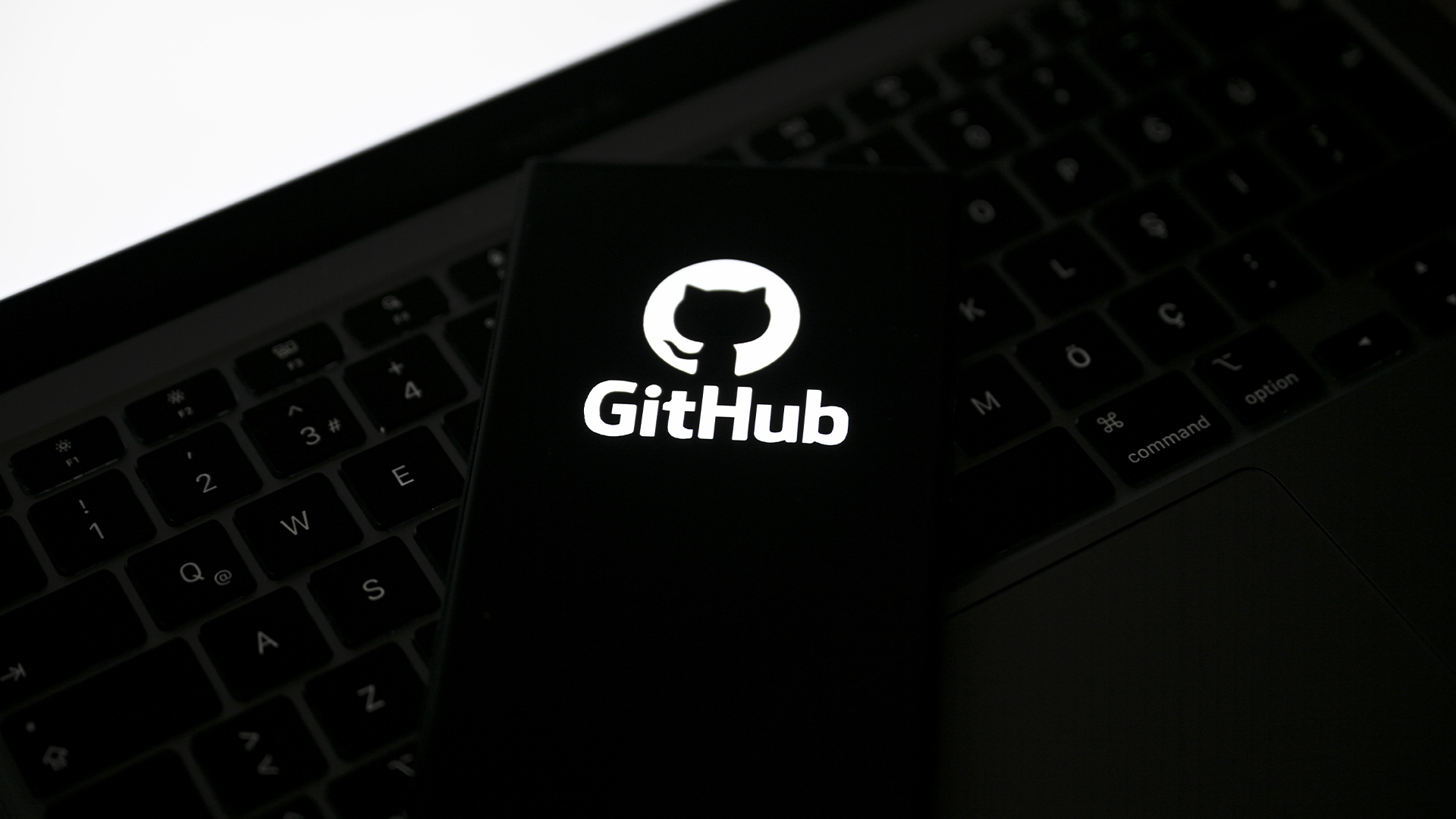 “There is no one model to rule every scenario”: GitHub will now let developers use AI models from Anthropic, Google, and OpenAI
“There is no one model to rule every scenario”: GitHub will now let developers use AI models from Anthropic, Google, and OpenAINews Devs will be given access to a broader array of AI models on GitHub – but there's more in store for users
By Emma Woollacott
-
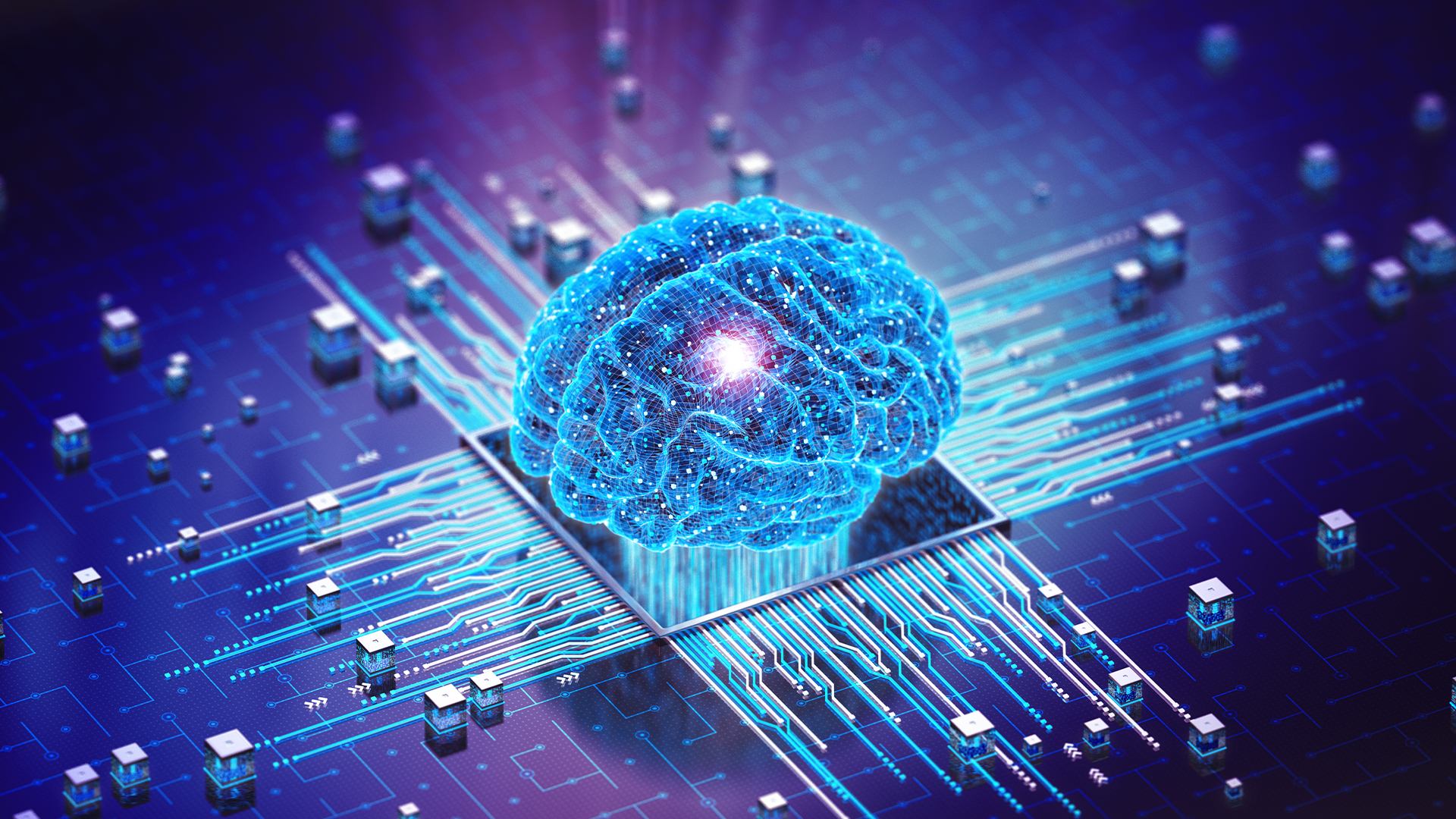 Open source AI just got a major seal of approval from US regulators — but will it push developers in the right direction?
Open source AI just got a major seal of approval from US regulators — but will it push developers in the right direction?Analysis Regulators in the US appear very keen on supporting open source AI developers
By Nicole Kobie
-
 Stack Overflow hailed its OpenAI partnership as a boon for developers — but now disgruntled users say they're being banned for deleting posts
Stack Overflow hailed its OpenAI partnership as a boon for developers — but now disgruntled users say they're being banned for deleting postsNews Stack Overflow users have pushed back against a new partnership with OpenAI by altering contributions
By George Fitzmaurice
-
 Microsoft Build 2023: Microsoft Fabric and oodles of Azure AI integrations announced
Microsoft Build 2023: Microsoft Fabric and oodles of Azure AI integrations announcedNews Microsoft Fabric aims to greatly improve developer productivity and simplify real-time analytics
By Ross Kelly
-
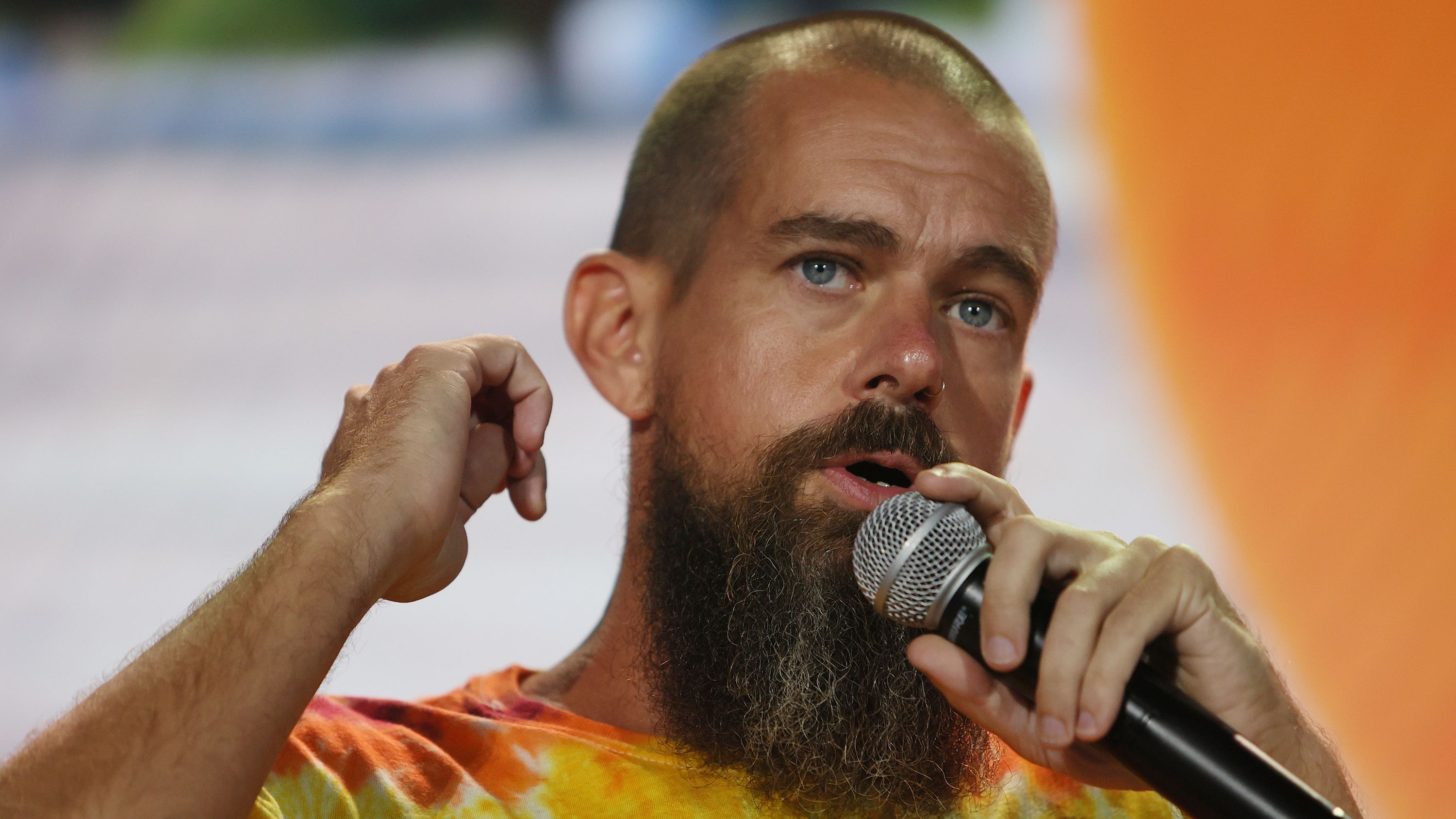 Jack Dorsey admits regret for helping to centralise the internet
Jack Dorsey admits regret for helping to centralise the internetNews The former Twitter CEO took to the platform he founded to express regret at the 'damaging' development of the internet
By Connor Jones
-
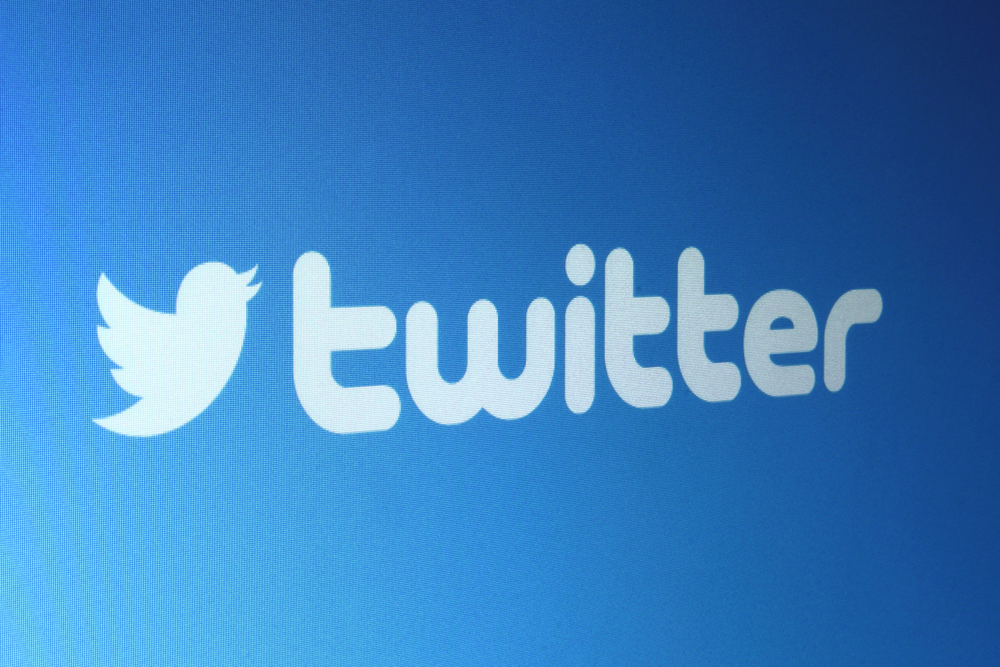 Twitter lets you add comments to your retweets
Twitter lets you add comments to your retweetsNews Twitter reduces character limit so you can throw in your two cents worth
By Joe Curtis